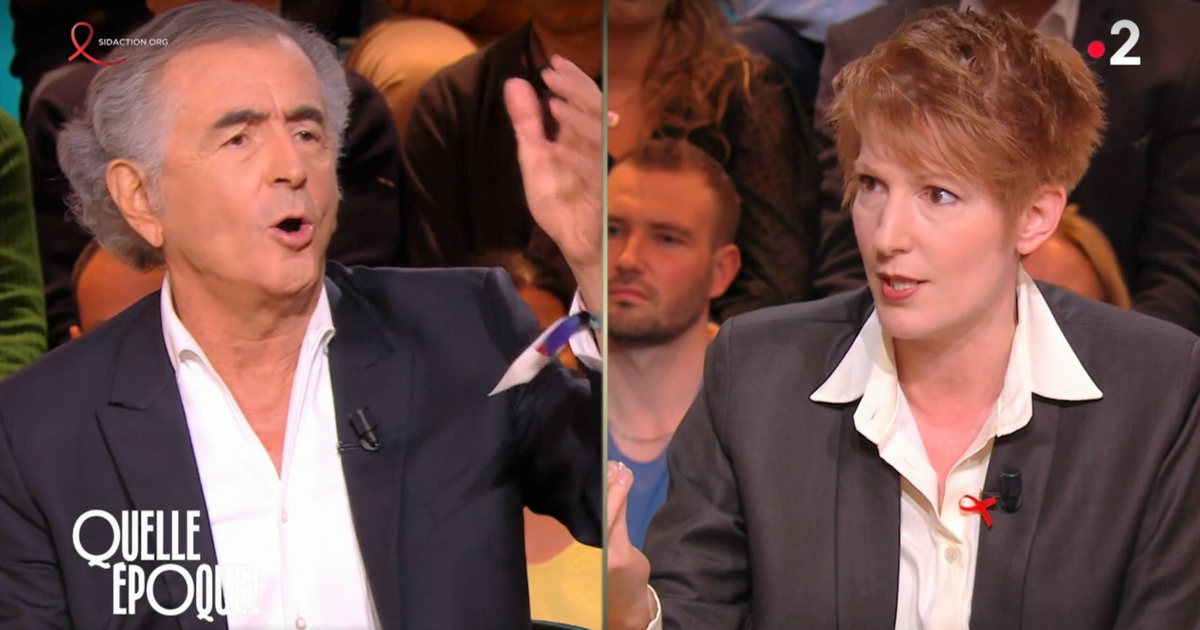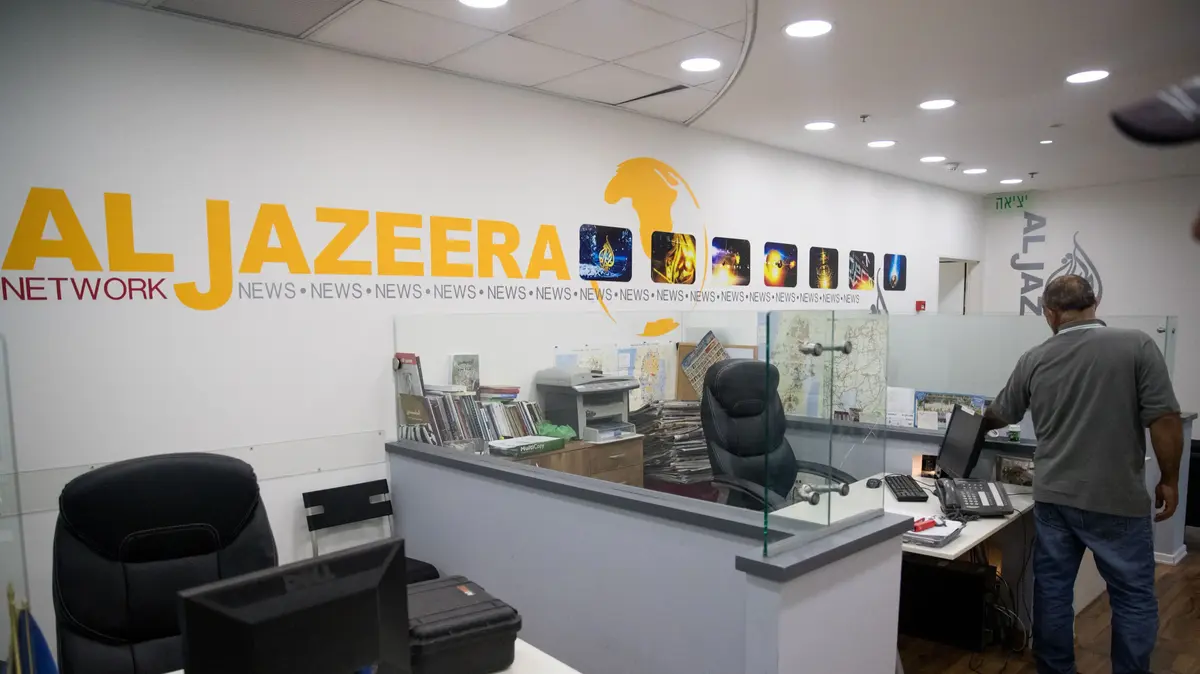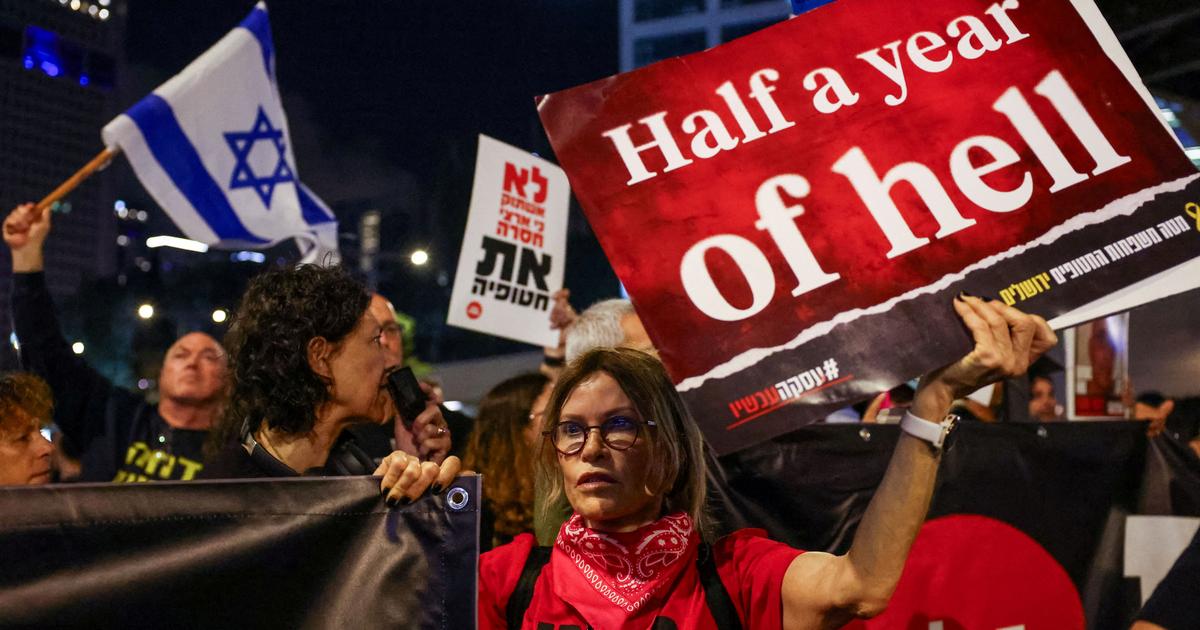Those who have read Arnon Ithiel's article in this section ("Eyes Wide Shut", 5.10), and do not know the State of Israel or the Arab public here, may get the threatening impression that the State of Israel is on the verge of disintegration, not very different from Lebanon or Libya or even Iraq , And the Arab Otto, the "enemy" by definition, are completing the revolution, and it is doubtful whether they will leave one Jew here.
It is unfortunate that after more than seven decades of its establishment, there is still fear in the State of Israel, or rather fear, based on a lack of knowledge and a refusal to acknowledge reality.
"The State of Israel is involved in a civil war," states Itiel, and takes care to state that "our children," meaning only Jews, "are used as punching bags in a government mission that no one has chosen." This is the source of the mistake, and the deception: the State of Israel is not in a civil war, but the very definition provides a glimpse into what many in the public think about the state's relations with its Arab citizens. The very perception, which denies any element, as if there is a war here, a war of religion and culture or a national war, is a victory for those who really want to whip up a war here. An extremist and militant minority wins an imaginary war, and a sane, moderate and pragmatic majority loses a war it has never started.
Itiel's statement that entire areas of the country are "ex-territory" and are not part of the State of Israel is perhaps correct on the civilian level, but not on the security level. Yes, the state has abandoned entire areas of dozens of Arab settlements, turning these villages and cities into the backyard of the state, no matter if they were in the remote periphery of the Negev or the Galilee, or close to the central cities. This was a deliberate policy in the 1960s and 1970s, and the state realized its great mistake less than two decades ago, perhaps after the events of October 2000 that shook both the Arab public and the state, its institutions and the Jewish public.
The severe police attack in Kafr Qassem was not particularly surprising. The Israel Police, which is unable to eradicate violence in Arab society, is already perceived, rightly or wrongly, as part of the problem and not the solution. For several years now, it has been steadily losing its ability to deter, and many of the young Arabs are documenting and uploading to the social networks any friction and any contact with a police officer in order to humiliate him. Any harm to police officers should be condemned, but the fact is that many young people in Arab society believe they are more likely to end up meeting with a police car, even randomly, by violence and perhaps even death, than by receiving assistance. This lack of trust can and should be addressed, preferably without unnecessary images of war.
As someone who lives in the Galilee region, works with the Jewish population, lives in a neighborhood next door to Jewish families and friends, I also do not accept Ithiel's determination that a Jew entering an Arab settlement puts his life on the line.
It does not take more than a few hours in the Galilee communities to see and understand how deep the Jewish-Arab connection is, how much coexistence is reflected in all walks of life, in businesses, in hospitals and in higher education institutions.
And precisely now, when the State of Israel is facing such a complex challenge, it is incumbent upon us, and all the more so on the government and its arms, to deepen Jewish-Arab relations and strengthen coexistence everywhere and in every field.















